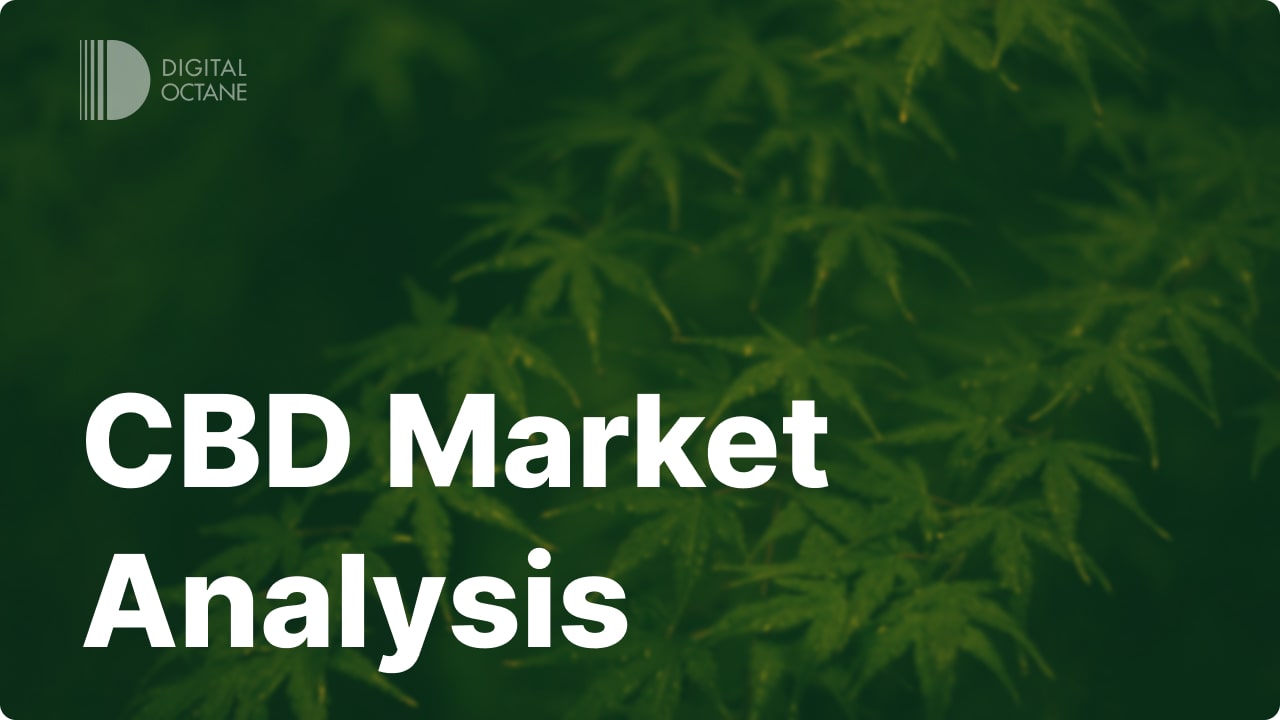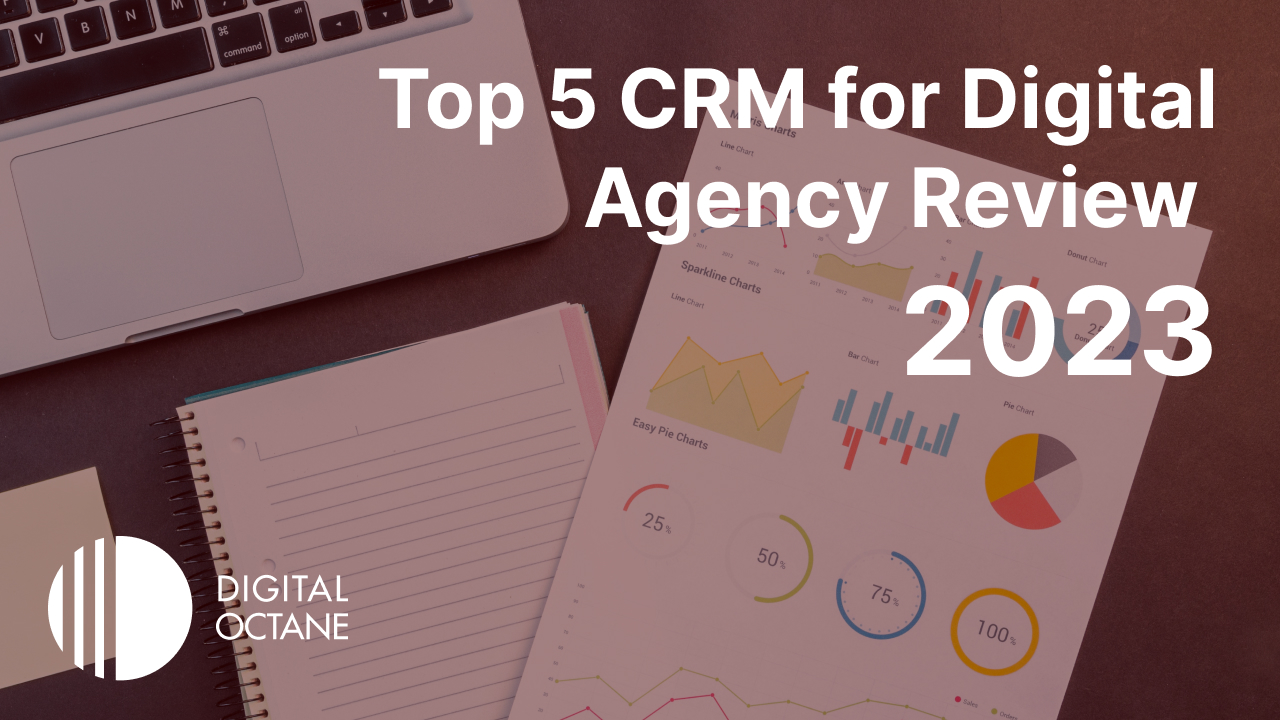
CBD Market Analysis
Lately, the cannabidiol (CBD) industry has become a significant talking point. That’s not surprising as the CBD market size continues to hit some very high numbers. Perhaps, there’s a need to point out that there was an average CBD sales value of over 4.8 billion USD in 2022.
More intriguingly, CBD market analysis projected that global CBD sales would triple in 2023. Without a doubt, this promising trend continues to attract many investors and entrepreneurs into the CBD business space.
Hence, this article provides comprehensive and valuable information about CBD market analysis and the expectations regarding it.
CBD Market Size in 2023
Before we delve into this, you should know how the CBD industry came to place and strived to achieve this massive uptick over the years. Without further ado, let’s get right into it.
The CBD industry is not old – at least considering when the sale, distribution, and advertisement of the cannabis market got legalized. More specifically, you’ll find that the Federal Farm Bill passed in 2018 legalized CBD products in the United States.
This law allows CBD manufacturers to grow industrial hemp and legally sell their products in the country. Luckily, the bill also authorized the insurance of hemp products.
Cannabidiol is one of the numerous cannabinoids extracted from the cannabis plant. Additionally, Tetrahydrocannabinol (THC) is another notable cannabinoid obtained from cannabis. To a large extent, many think both compounds are the same.
Thus, the negative perception of marijuana and its compounds spilled heavily on the CBD industry as some CBD products contain THC. This is because THC is the main psychoactive substance that invokes the sensation of feeling high when most people take cannabis. In contrast to this, CBD is non-intoxicating and offers many health benefits.
As a result, the regulatory authorities in different regions enacted laws guiding cannabis marketing and the permissible content of THC in CBD-infused products. Aside from this, some states have still not legalized CBD products. Likewise, some states that have legalized the industry still classify CBD-infused products as a grey area.
This is mainly due to the ease at which some CBD manufacturers can adulterate CBD products with THC. For instance, the regulatory authorities in the United States specified that legal CBD products must not contain more than 0.3% THC.
However, the CBD industry thrived over the years. Perhaps the increasing legalization and the positively growing public perception of the health benefits of CBD continue to impact the industry’s success.
The COVID-19 pandemic had a staggering impact on the global economy, which affected the demand for CBD across all regions. Hence, the global CBD market was valued at 2.9 billion USD in 2020. Afterward, the CBD industry saw an uptick in the general market value as it exhibited a growth rate of 65.52% in 2021. Hence, the CBD market size in 2022 was valued at a whopping 5.2 billion USD.
In fact, a market survey projects that the global CBD market size will expand at a Compound Annual Growth Rate (CAGR) of 47.5% between 2023 and 2027. Consequently, this prolific trend has made the CBD industry one of the most promising and lucrative businesses to venture into.
Prospects for the Future of the CBD Industry
The CBD market is fast evolving due to research that continues to sustain the utilization of CBD for different products. Hence, you will find that CBD-infused products are accessible in various forms today. They include oils, isolates, topicals, edibles, tinctures, cosmetics, and pet products.
You can expect more CBD products to hit and dominate shelves in a few years. Besides, this product diversification continues to cater to consumer’s demand for innovative health and wellness products. Also, the advent of diverse cannabis marketing strategies contributes to the rising awareness of the health benefits of CBD-infused products.
As for the future of the CBD industry, no one can tell with all certainty what might happen. Moreover, despite its recent success, many are not fully bought into the CBD industry. Above all, it’s only normal to confirm if the industry will stand the scheming test of time before venturing into it.
Based on the reports from CBD market analysis, the industry is expected to value at 25 billion USD by 2025. Therefore, we have every reason to believe that the future of this industry is bright. Moreover, the recent developments coupled with the fast-growing adoption of CBD-infused products in society showcase that the CBD sector is promising.
Thus, it is safe to say a new era for the CBD industry may well be around the corner from our expertise and experience in the CBD industry.
Major Driving Factors of the CBD Industry
You will bear witness that the CBD market’s expansion over these few years is simply breathtaking! As you would expect, several factors influence this immense growth of the cannabis market. Take a look at some of the driving factors below:
1. Increasing Government Approvals for CBD Products
Previously, cannabis and its products were banned due to their constant abuse. As such, CBD got classified as a “control substance” across many regions. Hemp is a special breed of the cannabis plant that contains a minute amount of THC, while marijuana has a more substantial amount of THC.
Thus, following the legalization of commercial hemp production in the United States, the sale of hemp-based products saw a massive uptick due to its low THC content. Further changes in the federal law allowed manufacturers to research and utilize strains of both marijuana and hemp.
The rapid development of CBD products for health and wellness purposes resulted in increased government approval. For instance, you will find that hemp extracts recently got approved for production as dietary supplements without objections from the FDA.
Hence, the increasing government approval helps market players introduce new CBD products and promote awareness. Therefore, this impacts the immense growth of the CBD market.
2. The Recognition of CBD Products in the Pharmaceutical Industry
Globally, the pharmaceutical industry recognizes the health benefits of CBD. As a result, some notable pharmaceutical industries invest in their research and development activities to make the most of CBD and its products.
Hence, clinical research has indicated that CBD has the following pharmacological activities:
- Analgesic and Anti-inflammatory activity;
- Anti-anxiety and Stress relieving properties;
- Sedative activity;
- Antioxidant activity;
- Anti-convulsant activity;
- Anti-aging properties.
CBD has also been found to have anti-cancer and anti-epileptic properties, among other health benefits. Amazing, right?
Consequently, pharmaceutical industries manufacture CBD products like capsules, gels, tablets, suppositories, tinctures, inhalers, creams, etc. Moreover, CBD is increasingly used for widespread conditions like chronic pain and anxiety, which augments the growth of the CBD market.
CBD Industry Restraining Factors
Despite the notable success of the CBD industry, there are some additional barriers to the industry. Read these restraining factors below:
Restrictions on the Marketing of CBD Products
Proper CBD marketing remains one of the most significant barriers CBD sellers faces. Even though CBD is widely legalized in different regions, there are still specific regulations and restrictions regarding CBD marketing.
You’ll discover that while some states allow the distribution of marijuana-produced CBD products, others only permit CBD-infused products from industrial hemp sources. Besides, there are differences in the recreational or medical use of cannabis products in certain regions. As such, these situations pose a challenge in CBD marketing as making wrong claims can incur severe legal consequences.
Therefore, you must confirm what is acceptable by the watchful FDA and other regulatory authorities before conducting any form of cannabis marketing. We cannot overstate that the FDA strongly frowns on selling marijuana marketed as CBD.
However, with the increasing legalization and government approvals, you can anticipate much more subtle regulations guiding cannabis marketing.
Lack of Consumer Awareness
This is another prominent restraining factor in the CBD industry. For long, countless individuals associated hemp products with marijuana. As a result, the psychoactive activity of marijuana created a negative public perception of CBD products.
Many folks are still clueless about CBD’s health benefits and offerings, particularly in the Middle East and Africa. Thus, this restraining factor ultimately hampers the cannabis market growth. Regardless, CBD products are fast-gaining popularity and acceptance thanks to market players’ efforts to increase consumer awareness.
Hence, the rate at which consumers access vital information through various media has helped to diminish the negative public perception of CBD to a large extent. These efforts continue reinforcing the industry and providing growth opportunities for the global CBD market.
Key Segments Covered in the CBD Market
The global CBD market is segmented based on product type, source, application, route of administration, distribution channels, and geography.
By Product Type, there are:
- Oil (vape oil);
- Personal care & Cosmetics (makeup, fragrances, exfoliants, etc.);
- Edibles (beverages, mints, gummies, etc.);
- Pharmaceuticals (capsules, tablets, CBD inhalers, suppositories);
- Topicals (Transdermal patches, creams etc.);
- Tinctures;
- Isolates;
- Others.
To a large extent, CBD oil is the most dominant ad popular product type in the cannabis market.
By Source:
- Hemp;
- Marijuana.
By Application:
- Chronic pain/Inflammation;
- Insomnia;
- Skincare/Haircare;
- Seizures;
- Migraine;
- Anxiety/Stress;
- Neurological conditions;
- Cancer;
- Mental disorders;
- Others.
By Route of Administration:
- Oral;
- Topical;
- Rectal;
- Inhalation;
- Sublingual.
By Distribution channels:
- E-commerce;
- Pharmacies;
- Supermarkets and Specialty Stores;
- Others.
By Geography:
- North America – U.S, Canada;
- Europe – Germany, UK, France, Italy, Netherland, Switzerland, Poland, Croatia;
- South America – Brazil, Colombia, Peru, Mexico, Argentina, Chile;
- Asia Pacific Region – China, South Korea, Australia, Japan, India, New Zealand;
- The Middle East and Africa (MEA) – Israel, South Africa, Turkey.
From a geographical position, North America has the largest CBD market share compared to other regions. In addition, the adoption of CBD-infused products in developed economies is expected to rise in the coming years.
CBD’s Growth on Social Media
Recently, there has been an undisputable hype surrounding the CBD industry on social media. You’ll find that social media platforms are rapidly approving the advertisement of CBD products. Thus, this digital marketing allows more CBD sellers to grow their brands.
Through social media pages, CBD companies reach their target customers worldwide. These social media platforms include Facebook, Instagram, YouTube, Linked In, and Pinterest.
Aside from this, the quality content on these platforms helps inform, entertain and drive interactions and engagement with customers. Additionally, emerging trends like Snapchat and TikTok provide more alternatives.
According to Google Trends, the search requests related to the CBD industry have multiplied over the last year. Furthermore, the social buzz around CBD echoes more on Instagram and Twitter.
Peradventure you want to utilize social media platforms to grow your CBD brand, consider these top-choice platforms. Besides, using the right keywords and hashtags can drive quality traffic and increase your sales conversion.
Despite the CBD’s growth on social media, there are huge restrictions on advertising cannabis products on these platforms. Thus, marketing CBD products is usually tricky, and any mistake can get your account banned.
To avoid this, you can employ an excellent social media manager and maximize advertising.
The Growing Number of CBD Sellers
CBD-infused products continue to penetrate the consumer market in recent times. Aside from this, CBD products are increasingly gaining popularity for various wellness and health purposes. As a result, the number of CBD sellers in the market has skyrocketed.
Nevertheless, the growing number of CBD sellers has spurred rigorous competition for the available business opportunities in the CBD industry. Hence, trust us when we say that venturing into the cannabis market comes with its perks and challenges!
Conclusion
The CBD industry is currently one of the fastest-growing sectors with the most unrivaled business opportunities. As a result, the cannabis market continues to run riot with its very high numbers. Again, we cannot tell what the future holds. So, it would be best to consider all variables before venturing into the market.
The substantial CBD market growth is mainly due to the increasing legalization of CBD across various regions and the expansion of CBD-infused products available in the market. Furthermore, the CBD’s increasing approval and growth on social media platforms and the growing number of CBD sellers help sustain CBD market growth.
Despite this massive growth, the CBD industry still has some restraining factors. Also, the global CBD industry is segmented based on product type, source, application, route of administration, distribution channels, and geography.
At Digital Octane, we provide outstanding CBD website design and development services. If you need a website to sell CBD products and attract more clients from all over the world, you are in the right place. Do well to reach out to us.
You may also like

How to Start a Technical Startup: Y Combinator’s Checklist
At Digital Octane, we have extensive experience working with technical start-ups daily as a development team. Over the years, we’ve encountered a lot of advice on creating, managing, and scaling start-ups efficiently. Recently, we came across a video from Y Combinator that perfectly sums up the key points you need to address to build a…

Top 5 CRM for Digital Agency Review 2023
When it comes to selecting the best CRM system for a digital agency, there are several options available in the market. However, the ideal CRM system should offer a comprehensive set of features that align with the agency’s specific requirements. Besides, the system should be cost-effective for the company. In our review, we tested top…

How to Improve SEO CBD Strategy
Introduction Are you planning to start or optimize your already established CBD business online? Then, keep reading as this article bears the best tips to improve your CBD business. Developing quality website remain the best platform when it comes to promoting and selling CBD-infused products. Talking about online growth, the sale of CBD products has…

